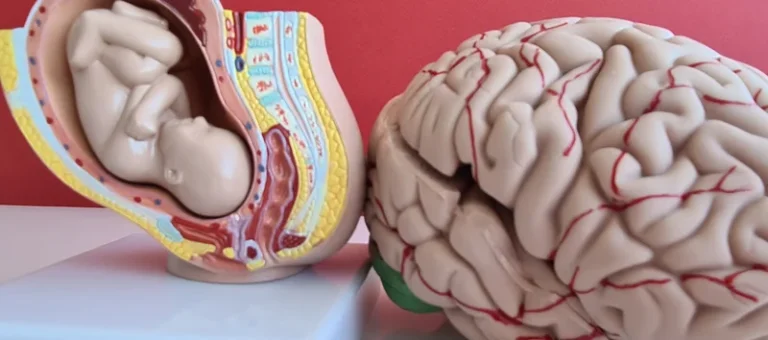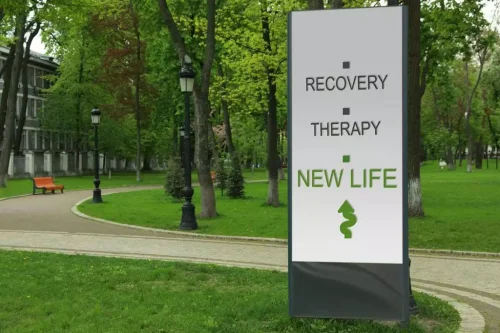
For more information or to start a treatment program, reach out to our team of addiction professionals. They can be internal, such as feelings, or external, like coming into contact with people, places, and internal vs external triggers certain stressors. A therapist can help you work out complex emotions that may arise as you go through recovery. Your therapist can also teach you tools and strategies for coping with cravings and triggers.

Childhood trauma primes overreactions
Internal stress can manifest in various forms, each with its unique challenges and impacts on our mental health. Understanding these common examples can help us identify and address our own internal stressors more effectively. When comparing internal stressors to their external counterparts, it’s crucial to note that both can significantly impact our well-being. However, internal stressors often require more introspection and self-awareness to identify and manage effectively.

How to Cope With Triggers

Redirecting that energy toward things you genuinely enjoy can help break those old habits effectively. Dealing with triggers in recovery can be challenging, but don’t worry! We have these six valuable tips that will help you navigate your journey towards long-term sobriety. Creating physical and temporal space from the situation’s intensity can become vital when you feel triggered.
Things That Make ADHD Symptoms Worse (Plus, 5 That Can Help)
The period of addiction recovery that takes place after completing a treatment program requires the ability to identify addiction triggers and use healthy coping skills to deal with them. How you manage addiction triggers determines the effectiveness of relapse prevention. As we navigate the complex landscape of internal stress, it’s crucial to recognize that our minds are both the source of our stress and the key to our relief. By developing a deeper understanding of our internal stressors and implementing effective coping strategies, we can cultivate greater mental resilience and emotional well-being. Triggers are individualized experiences that vary widely from person-to-person.
Top 10 Common Relapse Triggers

Williams says you can be proactive by identifying your options before you head into an unfamiliar environment. If you’re at a party where you don’t know a lot of people, you can ask a friend for their car keys, in case you need to take a second to step out. You can also identify where the bathrooms are and take a walk when you get triggered or overwhelmed.
The stressors of daily life can include several triggers including coworkers, on-the-job stress, finances, and family tensions. Use this list to start thinking about what triggers you are likely to face in your recovery journey. Part of managing external triggers involves https://ecosoberhouse.com/ simply removing the source. This may mean leaving the grocery store or not saying hello to a friend from that period in your life. Managing these triggers often requires the ability to process experiences in your past that led to emotional wounds or trauma.

Addiction Triggers And How To Manage Them
They can lead to latent emotional responses that only gradually have consequences. Because triggers are not always familiar and noticeable, it’s important for people in addiction recovery to be observant of what triggers them. Developing the self-awareness to know when something is affecting someone’s mood or emotions can take time and consideration. It’s difficult to control our triggers; however, we can learn from our experiences. We can apply what we learn to manage and limit the risk of being re-triggered. We can’t diminish or dismiss the trigger or only focus on what happens after we’re triggered — we must also focus on what we can do beforehand.
By managing pain effectively without resorting to addictive substances, you can maintain your recovery and avoid relapse. For someone in drug addiction recovery, triggers link the brain back to something in addiction that causes the cravings to use. Triggers and cravings are not permanent and will quickly pass when dealt with in a healthy way. Old friends may be an external trigger if you used to engage in substance abuse with them. Meeting old friends may cause you to reminisce about old times, romanticizing alcohol or drug addiction.
Seek professional help when needed
- When activated, they trigger intense emotions that feel blown out of proportion compared to the actual stimulus.
- It’s important to remember that managing internal stress is not about eliminating all sources of tension or anxiety from our lives.
- They can be a wide range of things, such as a social situation to something shown in a movie.
- The uncertainty of why they didn’t receive a response may cause them to relive feelings of abandonment.
- Some people might become triggered by trying to identify their triggers.